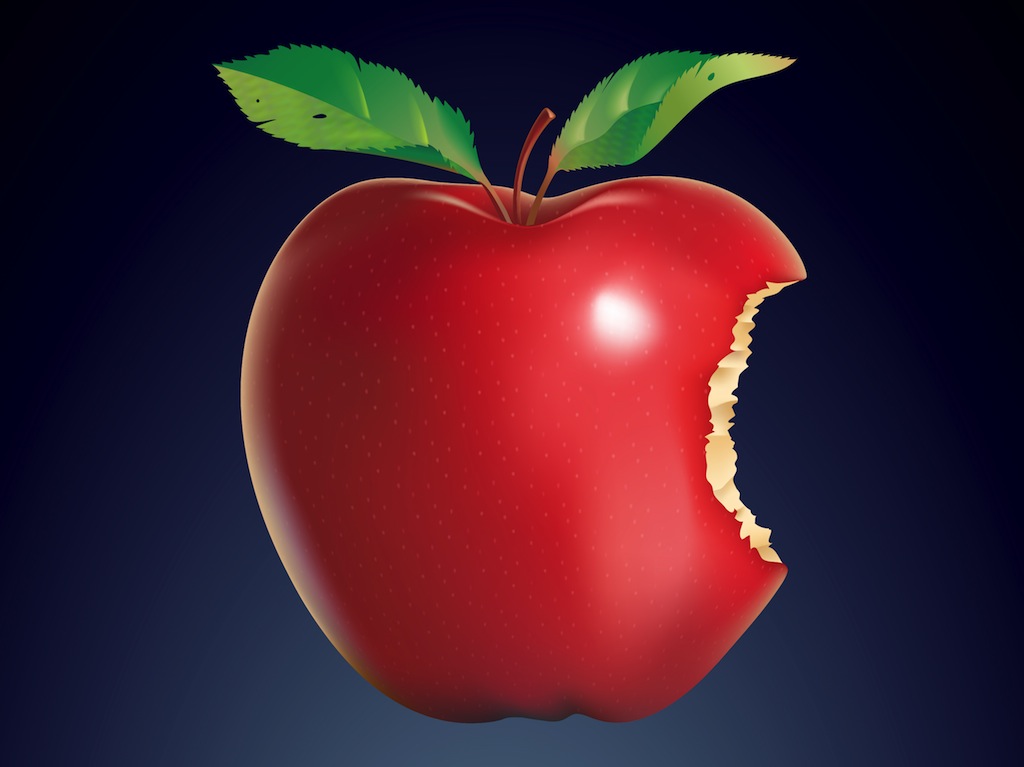The use of guilt

You’d be surprised at how useful guilt is.
No, really.
When you’re trying to get things done, thinking about the negative consequences can be a powerful motivator. Especially when those consequences will be felt by someone you care about.
But what about the consequences you face?
What Guilt Is
Guilt goes beyond having done something wrong. It’s the sense of obligation to make amends that comes with the wrong action. A feeling of guilt is an indication that you’re a good person. When you make a decision that affects people adversely, you’ll feel bad about it.
Let me say that again: you are a good person. Great, even. But you want to take the lead in your life, you have a responsibility that goes a bit further than normal people.
You’ve got to quit indulging in guilt.
Why We Persist in It
Good people believe that guilt is useful. It keeps us from being selfish. It reminds us that there are important things at stake– that there’s good and bad consequences for what we do.
But who determines what is good and what is bad? Definitions of good and bad differ from culture to culture (many times from family to family) and, in many cases, what’s defined as murder in one case may be justified homicide in another.
But guilt isn’t primarily an outer experience. It’s the inner meaning you give to what you do.
If you believe yourself to be wrong, the things you do will be measured against that barometer. You’ll also try to prove you’re good. But if you’re bad at your core, you’ll never truly make it. It’s internal emotional abuse.
And consistent abuse isn’t easy to shake off, because its affects are cumulative. That’s why it’s hard for abused people to break from their relationships.
We persist in guilt because we think it’s works to change us. It actually makes it harder to change because it weakens us.
What About People Who Genuinely Harm Others?
There’s this guy.
I don’t like what he did. Neither would most people I know. The danger of judging him guilty means that we can isolate him and point a finger that says, “Over there, that’s someone wrong.”
The true reason we use guilt is to activate change. If he had gone to jail (and, YES, he should have), what does that change in the long term? Does it change the environment that created someone like him? What do we learn from his actions? What part of us is reflected in his wrongdoing? What are we going to do to make sure we’re not in his shoes?
Just labeling someone guilty changes nothing if we don’t do some deeper work. Recognizing something is wrong is only the first step to lasting change.
What Do We Do Instead?
There are 3 things you can do that are more empowering than feeling guilty.
1) Quit feeling guilty about the things you did wrong. (Ha! That was easy. Let’s all go back to Twitter.) Seriously, I’m a tool-slinger, so here’s how.
Retell the story of your wrongdoing to yourself as if there was a really good motivation for your action. Because there was. Here it is: YOU DID THE BEST YOU COULD WITH WHAT YOU KNEW. If you’re reading this blog, you want to make your life better. That means inherently, you’re a good person. Stop doubting that, and quit beating yourself up.
2) Excavate the thing you did wrong.
I didn’t say remember it. I said, dig up that sucker and everything surrounding it out of your consciousness so that you can see where it came from. Write it out. Look at what happened right before, how you responded, and key things that you may have missed.
You’re looking for patterns. What triggered you? How could you have responded better? What do you now know about yourself? Guilt gets worse when you repeat what you did wrong. Doing this helps prevent repeating it.
3) Once you learn the lesson, retell the story.
Your brain is a superhighway of electrical information. But imagine that in order to build lanes on this highway, you need a great electrical charge of energy. That energy is emotion.
So the feeling of guilt is burning a road through your mind to the conclusion of wrongness. That saps the energy you need to learn. When you make yourself wrong, there is danger that you’ll make your actions wrong automatically. That’s hopeless– and it carries a lot of shame with it.
Shame isolates you and keeps you silent.
Tell the story of your mistake– and share the lesson that it taught you. Reminders of the past wrong must be replaced with visuals of the future– with the lesson as an essential part of your journey there.
Once you get it, imagine what you can keep someone else from experiencing. Your mistake can be someone else’s miracle. What has guilt driven you to hide? How can you reframe it to give yourself and someone else peace?
Any time you feel guilt, you’re a good person. Take it as a reminder to love yourself again.

What people are saying: